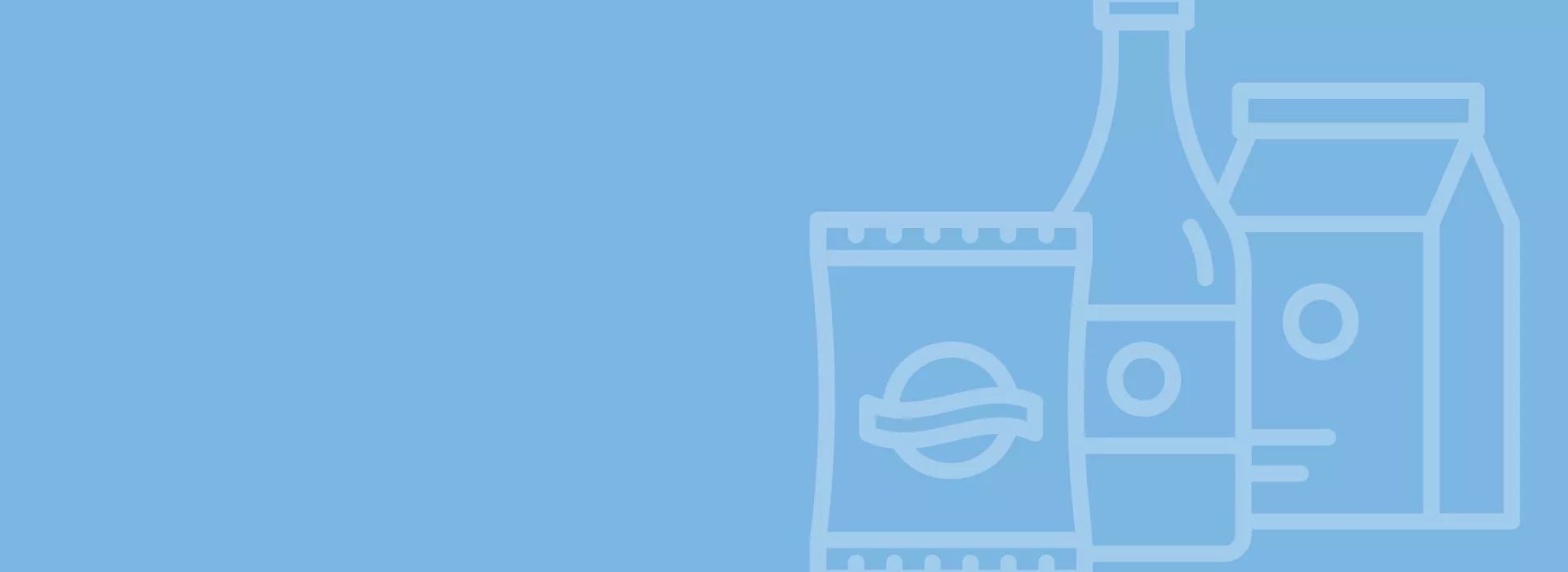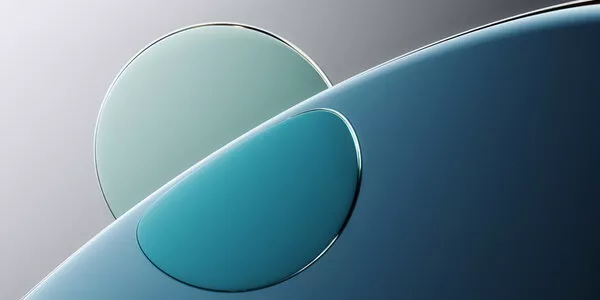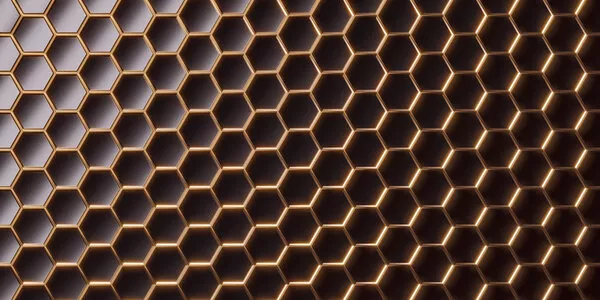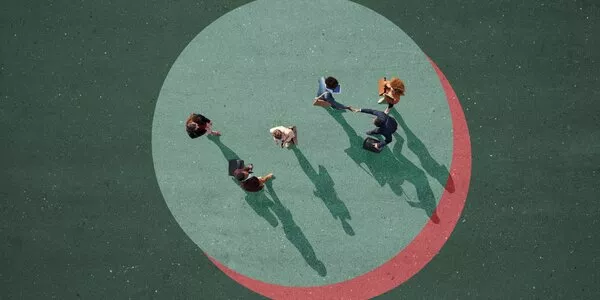
Money back, guaranteed
We’re talking about a time that is virtually unknown to anyone below the age of 40. A time when everyone took back their empty glass bottles to the shop to get a few cents back. The “deposit”, which gradually disappeared from the 1970s onward in favour of containers that simply went in the bin, is back in fashion, especially since the pandemic. In Europe, this practice is becoming increasingly widespread because of the single-use plastics directive, obliging member states to separately sort 90% of plastic bottles by 2029.
While some countries such as Slovakia have only recently adopted the deposit system, in Denmark, Iceland or Germany, which are often cited as examples, the gesture has been part of everyday life for decades. Pfandautomaten machines, where you can deposit reusable and single-use bottles, have been part of the landscape in supermarkets across the Rhine region for the last twenty years. In exchange, customers receive a voucher equivalent to the deposits paid (between 8 and 25 cents). Thanks to this system, Germany has a 90% return-rate for reusable and single-use bottles.


The initiatives
Reusing a glass bottle at least 20 times rather than recycling it saves 33% water, 76% energy and reduces greenhouse gases by 79%. With respect to plastic, if only 10 to 20% of packaging were reused, the amount of plastic waste dumped in the oceans would be halved. The environmental challenge is therefore sizeable, which companies of all sectors are beginning to take seriously. In the spring of 2021, the specialised brand Biocoop implemented a deposit on glass containers, as did its Dutch counterpart, EkoPlaza, at the end of 2022. Between 2021 and 2022, British cosmetics brand The Body Shop introduced aluminium bottle filling stations in 800 of its stores.
A global reuse platform launched in 2019 is supporting manufacturers, distributors and restaurateurs in their transition to re-usability. Called Loop, this Canadian start-up has developed a technology to break down waste PET plastic and polyester fibres in order to obtain an infinitely recyclable material. Its customers include Burger King, Nutella, Pantene and even Coca-Cola.




